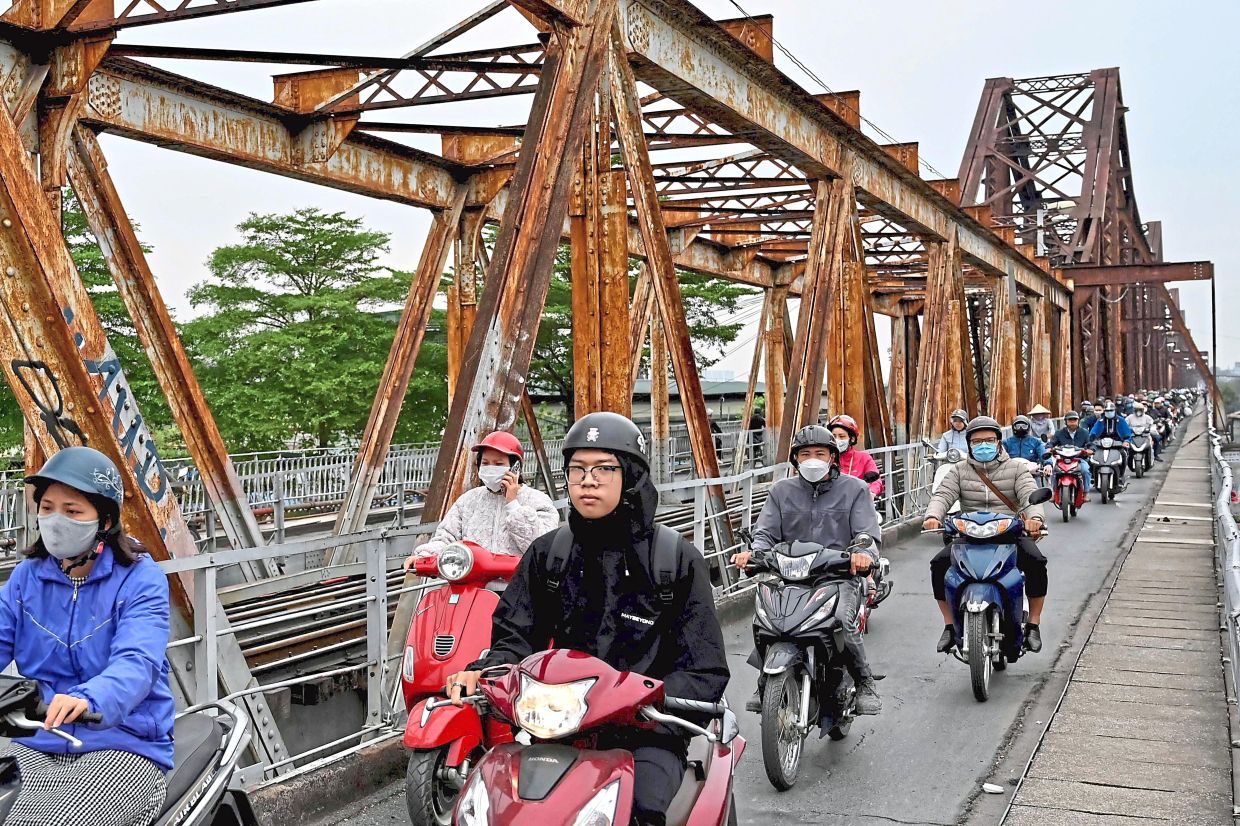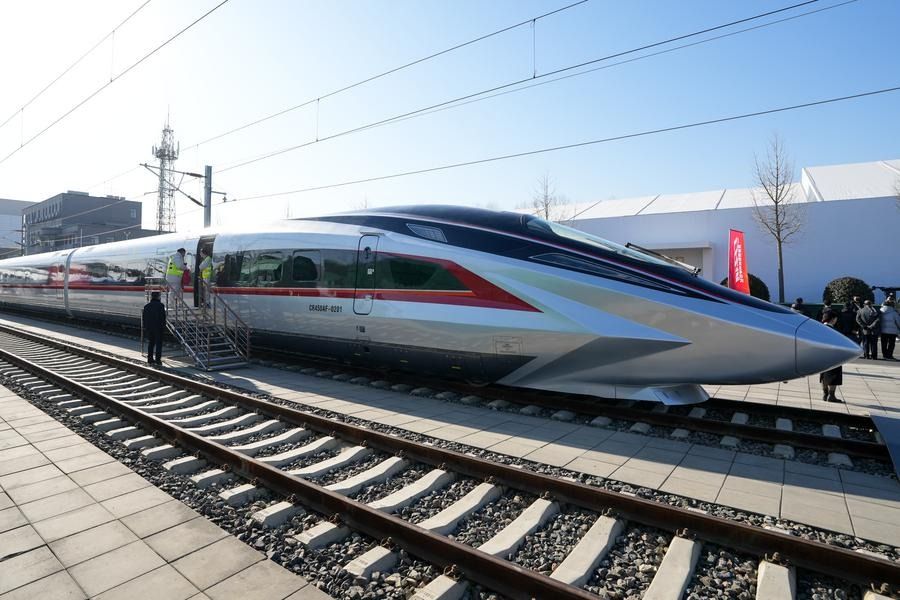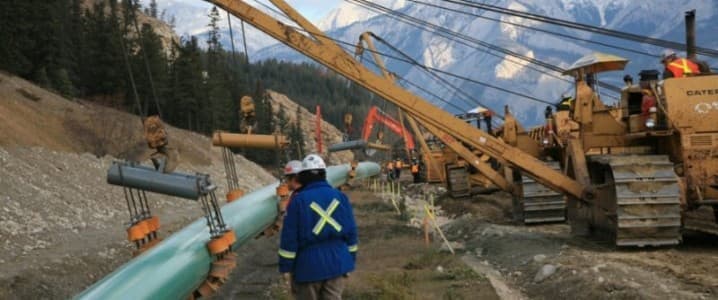Massive Job Threat Looms! Vietnam's Motorbike Ban Could Shake $4.6 Billion Market

Imagine waking up to a world where your beloved petrol-powered motorbike is suddenly obsolete. That’s the stark reality staring millions of motorbike owners in Vietnam as the government plans to ban petrol bikes in Hanoi by mid-2026! This decision, aimed at combating alarming air pollution levels, has triggered widespread concern from Japan's top manufacturers, including Honda, who fear it could lead to significant job losses and disrupt a thriving $4.6 billion market.
Back in July, Vietnamese Prime Minister Pham Minh Chinh introduced this bold directive to restrict petrol motorbikes in the heart of the capital. The aim? A cleaner, greener environment! However, the ripple effects could be devastating. The Japanese embassy in Hanoi expressed deep concern in a letter to Vietnamese authorities, warning that such a sudden transition could jeopardize jobs in sectors supporting the motorbike industry, like dealerships and parts suppliers.
According to market research by Mordor Intelligence, Vietnam's two-wheeler market is one of the largest globally, with nearly 80% of its 100 million population owning motorbikes. That’s a staggering number! But with the proposed ban, manufacturers have voiced serious fears about potential bankruptcies within their ranks. The foreign motorcycle makers' trade group, led by Honda, Yamaha, and Suzuki, sent a warning letter to the government back in July, indicating that this swift ban could disrupt production and threaten hundreds of thousands of jobs.
Thus far, Vietnamese officials have remained tight-lipped about adjusting the planned timeline, despite the manufacturers asking for a transitional period of at least two to three years to adapt. This would help them adjust production lines while establishing a robust network of charging stations for electric bikes.
The government, however, stands firm, believing the ban is essential for public health. Prime Minister Chinh recently emphasized that reducing emissions is a global concern and requires collective effort to find the best solutions.
As for Honda, it currently dominates Vietnam’s motorbike scene, controlling a whopping 80% of the market. However, they’ve shown signs of trepidation, hinting at possibly scaling back production in response to the ban. Despite having a diversified electric line-up, including battery-powered models, Honda's sales took a hit in August, plummeting nearly 22% from July. Meanwhile, local competitor VinFast is capitalizing on the situation, reporting a remarkable 55% increase in electric motorbike sales just this quarter.
With the clock ticking down to the ban’s implementation, the tension between environmental goals and economic stability is palpable. Can Vietnam strike the right balance between a cleaner future and a thriving workforce? Only time will tell.

























